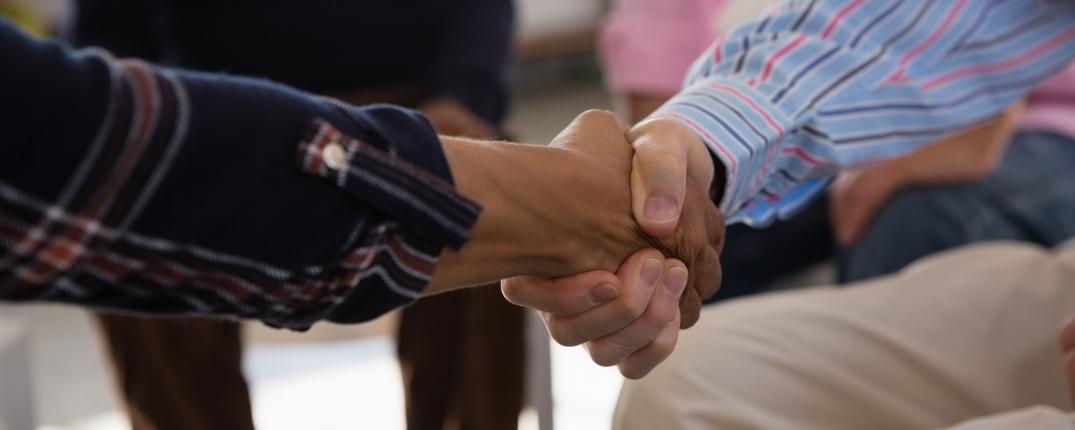
In the quest to transition from fossil fuels to renewable energy, securing local support is as critical as the technology itself. Securing this support unlocks acceptable sites, reduces legal and reputational risk, and leaves all stakeholders better off. The Earning Local Support Academy (ELSA) is building a consortium of people and organisations who cooperate to turn potential conflicts into collaborative success stories.
The genesis of ELSA
The inception of ELSA was driven by a clear recognition: while renewable energy projects are vital for our future, they often face hurdles in gaining community acceptance, which in turn hinders their roll-out. This challenge is not insurmountable. The need for ELSA is identified from real-world struggles and successes, underscoring the necessity for a paradigm shift towards more inclusive, empathetic project development strategies and frameworks.
Unpacking the Co-Design philosophy
At its heart, ELSA adopts Co-Design — a now well-proven approach that involves all stakeholders in the design process, ensuring the outcomes are desirable, feasible, viable, and equally important, socially supported. This philosophy is not just about avoiding conflict; it's about creating value and understanding between developers and host communities, ensuring everyone's voice is heard. It also incorporates the extensive know-how that comes from Design Thinking, with the subtle adaptation that a project’s host community, the relevant state agencies, and investors are all treated as the developer’s customers.
The core components of ELSA's training content
ELSA is co-designing a curriculum with partners to equip each stakeholder group with the necessary tools for mutual success. From building empathy to mastering stakeholder engagement, and from navigating complex negotiations to celebrating shared achievements, each module is designed with Co-Design at its core. These skills are crucial not just for the present but for laying the groundwork for future projects that embody the spirit of collaboration and innovation.
ELSA's unique DNA: Fairplay for all
What sets ELSA apart is its unwavering commitment to (i) acknowledging and addressing concerns, and (ii) delivering mutual benefits. The program champions a win-win scenario where projects are not only economically, environmentally, and technically sound but also bring tangible benefits to their host communities; without anyone being worse off due to the project or how it was done. This approach has already begun paving the way for securing local support in Ireland's energy security infrastructure, showcasing the practical application and impact of ELSA's methodologies.
Success stories and testimonials
The success of ELSA's approach is reflected in examples of communities and developers who have transformed potential battlegrounds into collaborative success stories. These narratives underscore the effectiveness of the Co-Design approach in real-world settings, offering insights and inspiration for future projects; they also remove the fear of meaningful community engagement.
Joining the ELSA journey
ELSA is more than a program — it's a movement towards a more sustainable, inclusive future. We invite you to join this journey, whether you're a developer/ investor,, community member/ leader, planner/ policy maker, or someone passionate about making a difference in the renewable energy landscape. Together, we can build infrastructure that not only energises our country, but also each host community: it connects hearts and minds, delivering a successful yet humanised Just Transition.
Conclusion: A call to action
Experience worldwide has shown that the path to a sustainable future is paved with collaboration, empathy, and innovation. ELSA embodies these principles, offering a blueprint for success in the complex world of renewable energy projects and supporting infrastructure. By embracing the Co-Design approach, and expertly adapting Design Thinking, we can ensure that the renewable energy transition is not only technologically advanced but also socially inclusive and supported.
Interested in learning more about ELSA or participating in its programmes? Contact us for more information and join us in shaping the future of renewable energy, one project at a time.
About ELSA
This work is being:
- led by AstonECO,
- peer reviewed by the University of Galway, and
- supported with financial contribution from the Government of Ireland through the Sustainable Energy Authority of Ireland under the SEAI National Energy Research, Development & Demonstration Funding Programme 2022, Grant number 22/RDD/874

